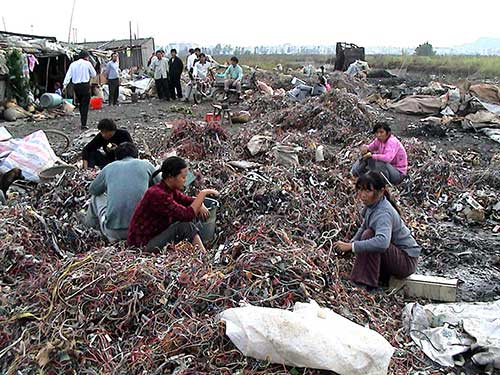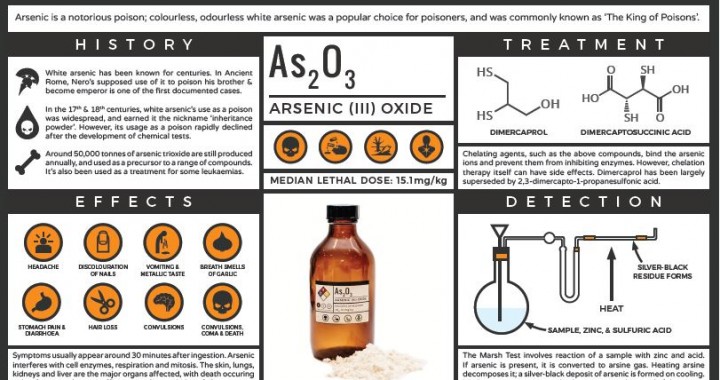Imagine that you have worked hard to gain an education, obtained your professional credentials and landed a job in your chosen profession. Sounds great, right? Now consider that you are being paid much less than $1,000 per month for that job, that you have little or no support from senior management, that you have not been given […]
Category Archives: Asia
Lies, Damned Lies, Statistics and Loss Time Injuries
“There are three kinds of lies: lies, damned lies and statistics” – Mark Twain I am very impressed by the large number of construction and manufacturing companies and/or large-scale projects that are celebrating one, two, ten, twenty, thirty… even one hundred million worker hours without a Loss Time Injury (LTI). Even more impressive is that […]
Perceived Risk and Worker Safety in Developing Countries or Why Do They Do That?
The multifaceted, complex and widely misunderstood concept of “risk” has fascinated me for many years, dating back at least to the late 1980s in North America when I began my involvement in ecological and human health risk assessments projects. At that time, I was introduced to terms such as “voluntary” vs “involuntary” risk, “natural” vs […]
The Challenge of E-Waste Management in Developing Countries
Life was much quieter and simpler when I started my HSE careers in the late 1970s – no electro-house music, no mobile phones, no personal computers, no internet, and no e-waste! Now computers, mobile phones, TVs and other electronic equipment can be found worldwide, even in the poorest communities. While the electronics/internet age unarguably has […]
Asia’s Arsenic Poisoning Crisis – What You Need to Know and What You Can Do About It
What some are calling the largest mass poisoning in history is happening literally under our feet! According to researchers from the University of California and Linkoping University, Sweden, “Bangladesh is grappling with the largest mass poisoning of a population in history because groundwater used for drinking has been contaminated with naturally occurring inorganic arsenic. It […]




